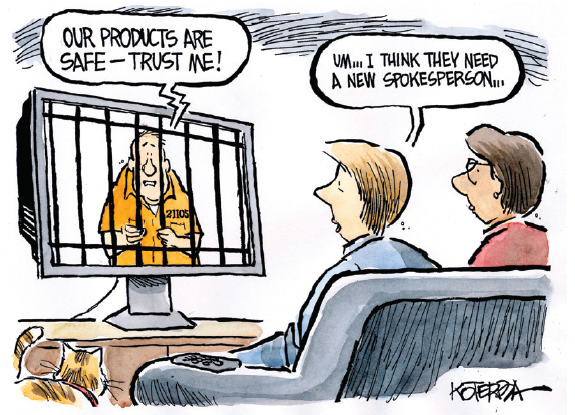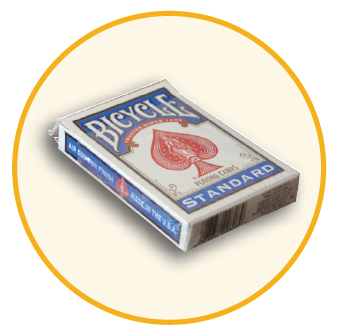Voices: When a Name Becomes a Shame
Advice
When a Name Becomes a Shame

Q: A campus building is named after a donor who was recently convicted of a crime. The donor is well known in the community, and this has severely tarnished his reputation. What can we do
to remove his name from the building?
A: Removing a donor's name from a building is complicated. Have an established ethics committee help staff sort through the complexities.
First, check the gift agreement. Your institution might have listed circumstances that allow it to rescind naming rights—conviction of a felony would likely be included. (If your institution does not already have this practice in place, it's a good idea to begin implementing it.)
If the naming was offered without conditions, contact the donor or the donor's family. Often they will understand the ethical dilemma he has caused the institution and agree to have the name removed. If the donor doesn't agree, you can strip the name anyway and risk the donor's negative response. But his lack of standing in the community post-conviction will help alleviate backlash.
Whatever path you choose, it's important to head down it as soon as possible and communicate the rationale for the decision to key constituents and the public in an open and transparent way.
Then there is the question of what to do with the money—whether or not to give it back. But that is a matter for another column.
—Gene Tempel, professor of philanthropic studies and founding dean emeritus, Lilly Family School of Philanthropy at Indiana University-Purdue University Indianapolis
Andy Cooper is head of development services at the U.K.'s University of Sheffield and also a professional stage magician. Here's how the deck of cards on his desk helps him stay focused on making the impossible possible.

Why stage magic?
Few other types of performance allow for the level of interaction with an audience that magic does. Done well, magic has the power to create real wonder and entertainment. My performance uses storytelling blended with magic, in which the story comes Sto life for the audience in a strange and wonderful way.
What is your favorite card trick?
The cards on my desk are often used when I need to think through a problem. The repetition of practicing a specific move or sequence helps me focus on finding a solution. My favorite card trick is working with a "hypnotized" stuffed guinea pig (called Hamster), who uses his mind-reading abilities to tell volunteers which card they've picked. It's strange, silly, and a lot of fun for everyone involved. I've performed it for all sorts of people—children, CEOs, a bar full of sports fans, and three bishops.
Tell us about the hardest trick you've learned.
I will let you in on a secret—most of the really amazing and entertaining magic is technically straightforward. The hardest part—and what I most enjoy—is making the performance interesting and filled with wonder.
How is magic like advancement work?
Good magicians need to be great performers, be able to interact with people of all types, and be humble. They need great attention to detail and the ability to plan for that horrible moment when something goes wrong in a performance so that no one notices (even if you are sawing someone in half!). These are good traits for all advancement professionals.